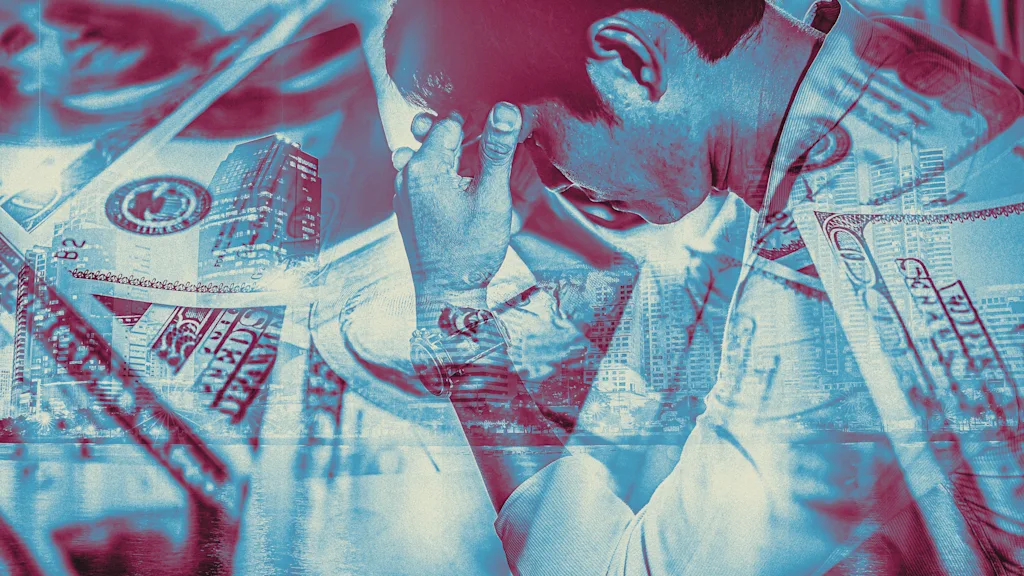
"I've worked for myself for nearly a decade, and in all but one of those years I've earned more than the U.K. average salary. Some years it's been a little more. I'm naturally frugal, and even during the rockiest stretches, there's always been enough to cover the basics-plus a safety net if I ever truly needed it. Yet I worry about money constantly, gnawed by the sense that I'm only one missed invoice from financial collapse."
"'It's absolutely heightened for solopreneurs, freelancers, and anyone with an unstable income,' says Alex King, founder of financial education platform Generation Money. 'Without a fixed monthly salary, they normalize volatility and uncertainty, which can create a sense of inadequacy or inflated confidence in their finances.' Advice site Freelancing Support reported that 41% of freelancers struggled with poor financial well-being in 2024, and a 2025 study found that three in four U.S. solopreneurs have less than six months' worth of savings-or no safety net at all."
A decade of self-employment produced mostly above-average UK earnings and some safety net, yet persistent fear of financial collapse remains. The term money dysmorphia describes a mismatch between perceived financial insecurity and actual resources. Contemporary trends such as HENRYs and income stacking reflect broader anxieties about money. Surveys show widespread prevalence: Credit Karma reports 29% of Americans experience money dysmorphia, with higher rates among millennials and Gen Z. Solopreneurship magnifies volatility and uncertainty, and studies found many freelancers and solopreneurs have limited savings, even as the number of six-figure solopreneurs has risen since 2020.
Read at Fast Company
Unable to calculate read time
Collection
[
|
...
]